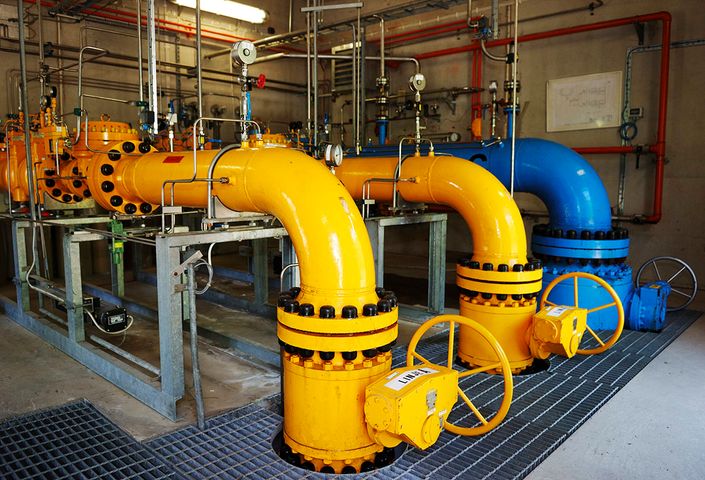Swedegas: Driving change in the energy sector
Long term opportunities to develop the Swedish gas market: That's what attracted Enagás and Fluxys, two leading European gas transmisson companies, to acquire Swedegas from EQT Infrastructure.

When EQT Infrastructure acquired Swedish gas transmission company Swedegas in 2010, the expectations were high: EQT identified several opportunities for value creation as Swedegas owned and operated the only Swedish gas grid – but EQT also saw that the company had potential to become a prime example of how EQT drives positive change in society. Swedegas could be an important contributor in the transition to a renewable energy system, by increasing society’s access to natural gas.
After five years of hard work, the expectations were met. Enagás and Fluxys, two leading European gas transmission companies, saw the long term opportunities in developing the Swedish gas market and bought Swedegas from EQT Infrastructure in April 2015.
Stefan Glevén, partner and investment advisor at EQT Partners AB, couldn’t have been more pleased.
“It has been a great journey. Since 2010, Swedegas has undergone an extraordinary transformation illustrating the efficiency of EQT’s governance model and industrial approach”, says Stefan Glevén.
Significant growth
During the EQT years, Swedegas grew significantly, increasing its numbers of employees with 60%. The company had secured consolidation in the Swedish gas transmission market, connected new customers to the network and become the TSO (Transmission System Operator) with responsibility for balancing the gas transmission system.
Stefan Glevén points out that there is a strong strategic potential in natural gas, LNG and biogas in the energy mix – there is significant value for both industries and society in a shift to alternative fuels, for example environmental factors and cost reductions.
“We are convinced Swedegas will continue to benefit from favorable market trends and a new stable regulatory regime. These new owners are long-term industrial players, and they will carry Swedegas into the next phase of growth”, says Stefan Glevén.
The history of Swedegas goes back to 1976, when the Swedish government decided to introduce natural gas to the Swedish market, and as a consequence of this started the company.
After signing a collaboration agreement with the Danish government, Swedegas signed an agreement with the Danish company DONG Energy for delivery of natural gas. The first delivery of natural gas to Sweden was then realized in 1985, when the first part of the gas grid was completed between Dragör in Denmark and Helsingborg in Sweden. In 2004, the gas grid had extended all the way up to Stenungssund, enabling the chemical companies north of Gothenburg to contribute to environmental and climate benefits by replacing oil with natural gas.
The Swedish energy market was deregulated in 2005 as part of the second EU energy market package, and by 2010, EQT Infrastructure I entered as new owner. By then, Swedegas had already sold its gas sales operations to DONG, and two major combined heat and power plants in Gothenburg and Malmö had been connected to the grid.
A broader context
After that, the company developed quickly. In 2011, Swedegas acquired E.ON’s high-pressure gas pipelines in Skåne, Småland and Halland, making Swedegas the sole owner of the natural gas grid in Sweden with over 600 kilometers of pipeline and over 40 metering and control stations. The year after, Swedegas became the system balance administrator with the certification as TSO. In 2013, Swedegas signed a declaration of intent – the Green Gas Commitment – together with other European grid operators, including Fluxys, to make the transition to a renewable energy system.
Lars Gustafsson, CEO of Swedegas, points out that there is a substantial need to invest in the energy infrastructure throughout Europe. Since Enagás and Fluxys has operations in several other countries in Europe, the acquisition opens new opportunities for Swedegas:
“The projects that we are working on in Sweden will now be put in a broader context where we can identify synergies with Enagás’ and Fluxy’s operations in other European countries”, concludes Lars Gustafsson.